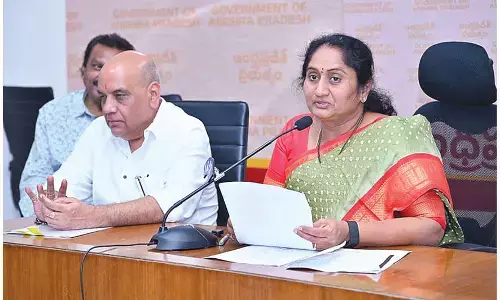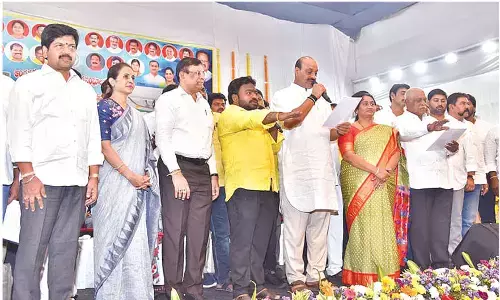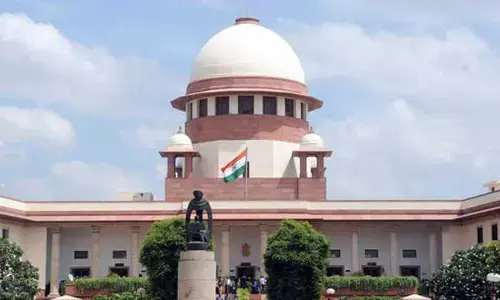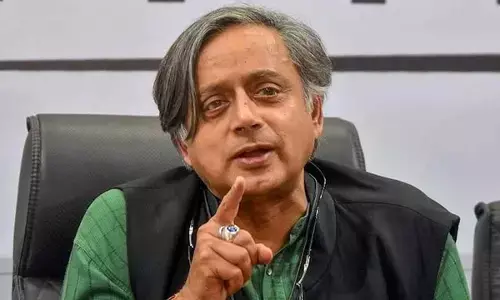Anti-federal tax
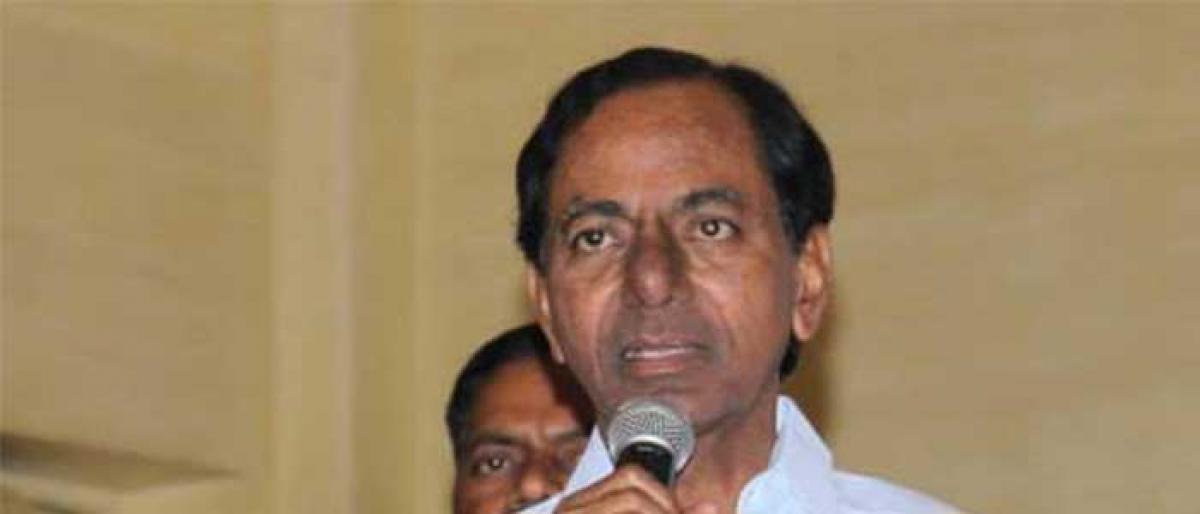
Telangana Chief Minister K Chandrashekar Rao’s anger over the adverse impact of GST on the state finances is, though belated, absolutely justified. But, the Telangana government’s objection seems to be on the symptomatic aspects of the new tax regime.
Telangana Chief Minister K Chandrashekar Rao’s anger over the adverse impact of GST on the state finances is, though belated, absolutely justified. But, the Telangana government’s objection seems to be on the symptomatic aspects of the new tax regime.
The substantive features of the GST and its implications for India’s federal polity are ignored. The initial euphoria generated over the so-called one nation, one tax slogan or the political angularities might be the reason for these truncated, yet, valid concerns being expressed. However, the symptoms too are of serious nature.
The Telangana government is in the process of making a comprehensive assessment of the negative fiscal impact of GST on the state economy. Meanwhile, quick estimates suggest that Telangana will have to bear an additional tax burden of about Rs 19,200 crore due to higher taxation on the ongoing developmental projects alone. This would further rise as the state continues its development spending.
This is certainly a massive burden on the state exchequer, though a part of the revenues thus generated accrues to the state.
According to some estimates, the Telangana government has already taken up the developmental projects to the tune of Rs 2.3 lakh crore, especially in irrigation, drinking water, housing etc. The state government has been paying a VAT of 5 per cent so far on such projects. Now, it is hiked to 12 per cent under the GST, resulting in huge fiscal burden on the state. This is not just on Telangana state.
Many state governments, especially those spending more on development and infrastructural projects, will be taxed more. Such a disincentive on development is obnoxious. The state government is not a trader. It is the Constitutional responsibility of state governments to spend on developmental projects. Can any state government be taxed for discharging its responsibility?
But, more serious issues in vogue are the implications for federalism, which is the basic feature of Indian Constitution and that cannot be amended even by the Parliament. The rights of states would be severely curtailed by the GST regime since the GST Council which makes all decisions is dominated by the Union government, thus eclipsing the states’ autonomy in taxation.
The Union Finance Minister defending the GST stated that both the Centre and the states have pooled in their sovereignty over indirect taxes to create this new tax structure. But, the FM fails to acknowledge the fact that by its share of votes in the GST Council, the Center has an effective right to veto any move not to its liking.
However strong a state may be, it cannot get its voice approved by the Council without the Center’s backing.The social and economic imperatives of all states are not alike. The federal polity allows divergent political philosophies to rule at the Center and in the states. When fiscal uniformity is sought to be super imposed, the political diversity is lost. Thus, the GST would prove to be coercive federalism rather than cooperative federalism.
The Centre retains powers to levy direct taxes and has discretion over distribution of tax resources to the states. But, states’ taxation powers are abridged. This is, therefore, a frontal assault on fiscal federalism.









